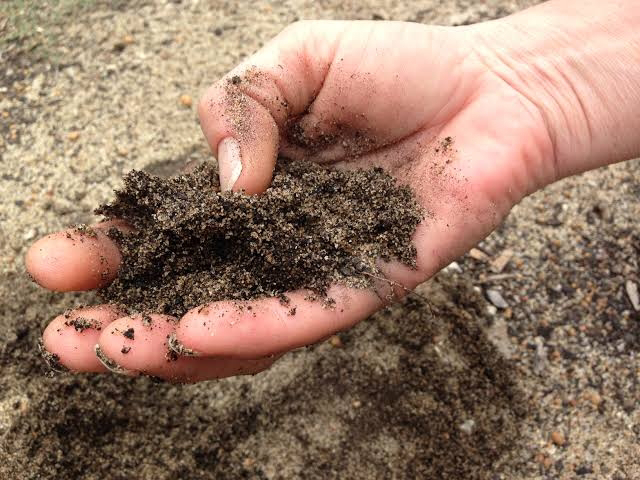Eucalyptus trees native to Australia offer a number of advantages, both economically and ecologically:
1. **Fast Growth and High Yield:** Eucalyptus trees are known for their fast growth, often outgrowing many other tree species. This property makes them a valuable resource for various industries such as wood and paper production, as they can be harvested relatively quickly.
2. **Wood Manufacturing:** Eucalyptus wood is widely used for lumber, construction and furniture. The wood is durable and resistant to pests, making it suitable for a variety of applications.
3. **Paper and pulp:** Eucalyptus trees are a key resource for the production of paper and pulp. The high cellulose content in their wood fibers contributes to the quality of the paper produced.
4. **Eucalyptus Oil:** Eucalyptus oil, extracted from the leaves, has antiseptic properties. It is commonly used in pharmaceuticals, cough drops, and as an ingredient in perfumes and aromatherapy. The oil is known for its healing properties, often used to relieve respiratory problems.
5. **Environmental Benefits:** Eucalyptus trees play a role in carbon sequestration and help mitigate climate change. During photosynthesis, they absorb carbon dioxide, thereby contributing to the reduction of greenhouse gases in the atmosphere.
6. **Soil Improvement:** Some Eucalyptus species have the ability to absorb excess water from the soil, making them suitable for reclamation and soil improvement in areas prone to waterlogging.
7. **Supporting Biodiversity:** Eucalypts can provide habitat and food for a variety of wildlife, contributing to biodiversity in certain ecosystems.
8. **Land Rehabilitation:** Eucalyptus trees are often used in afforestation and reforestation projects to reclaim degraded or barren land. Their adaptability to different types of soil makes them suitable for the reclamation of land affected by erosion or deforestation.
9. **Aesthetic and landscape value:** Eucalyptus trees are planted for ornamental purposes in landscaping because of their unique appearance, colored bark and aromatic leaves. They can enhance the aesthetic value of parks, gardens and urban areas.
Despite these benefits, there are concerns in some regions about the potential negative impacts of eucalyptus cultivation. Problems include water consumption, as some species are known to be water-intensive, and crowding out native vegetation. Sustainable management practices are essential to balance the benefits of eucalyptus cultivation with environmental efforts.
.jpeg)





Comments
Post a Comment